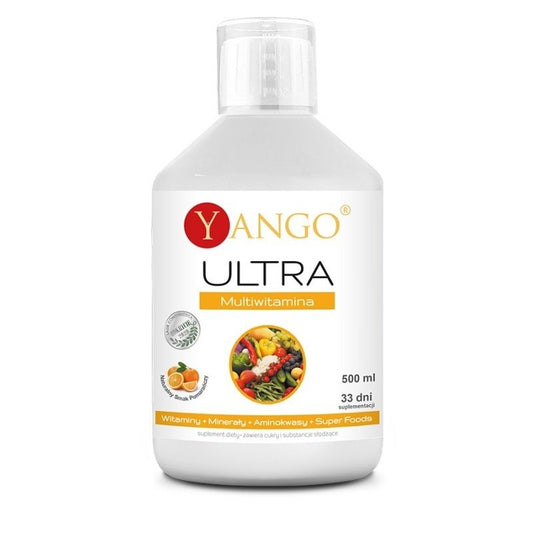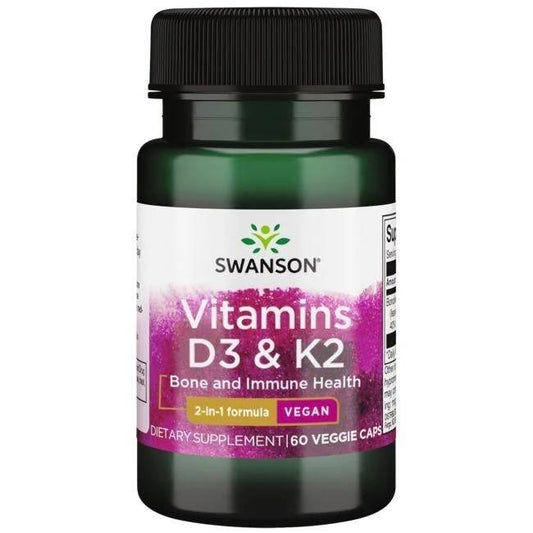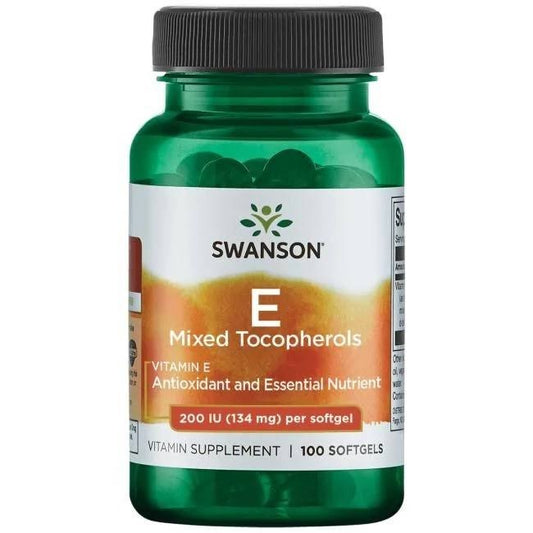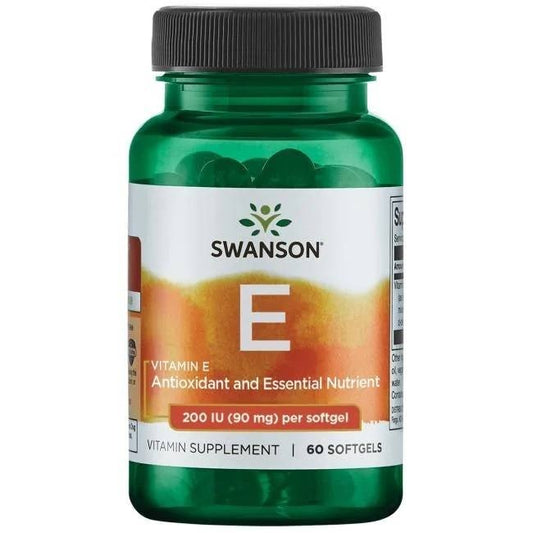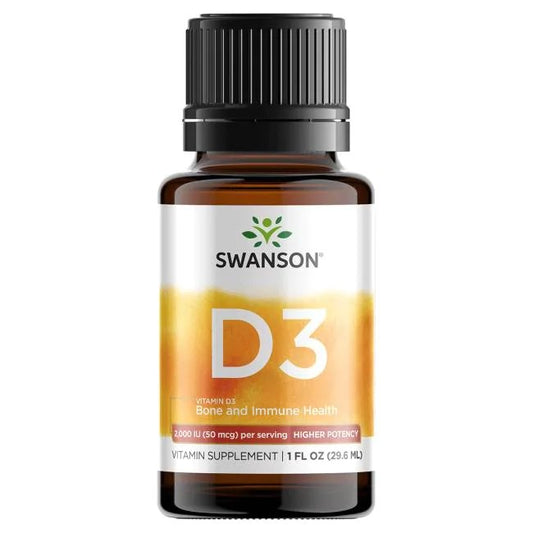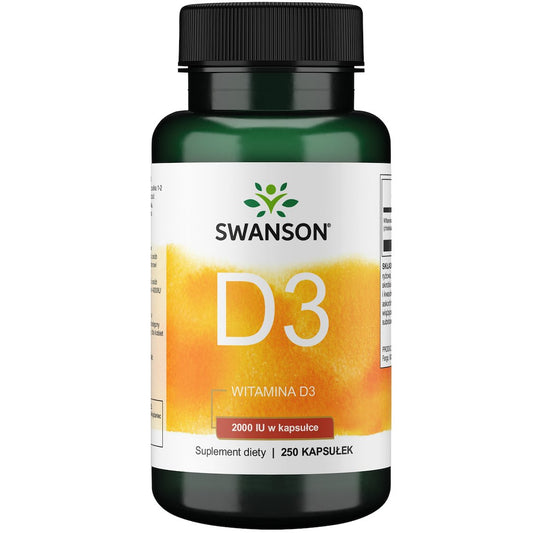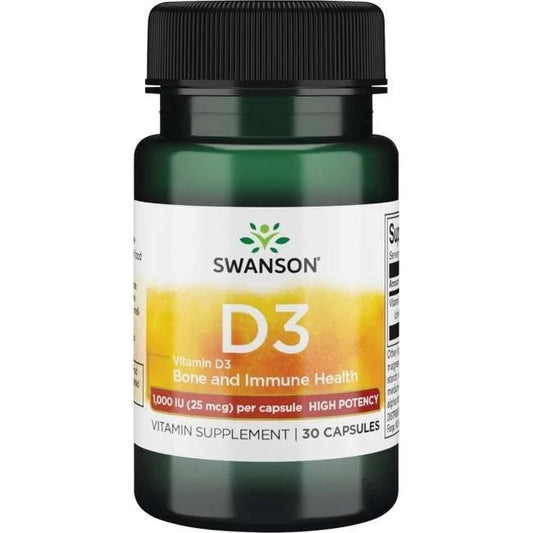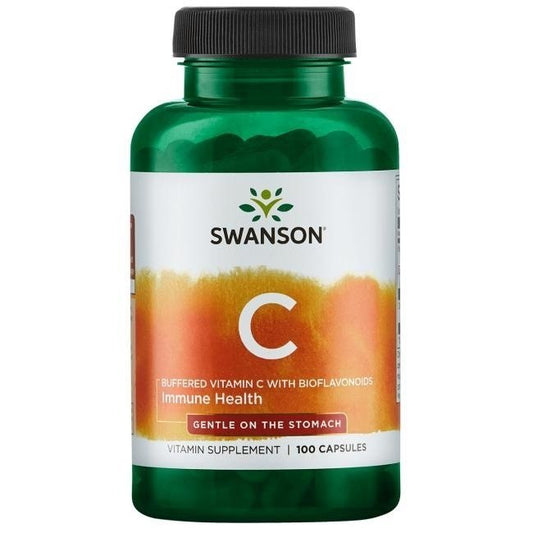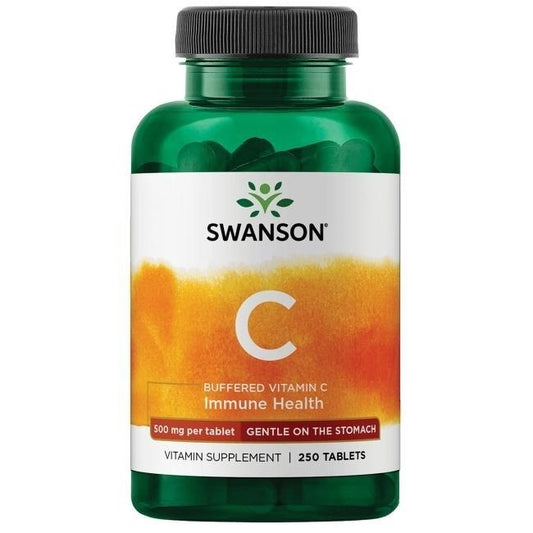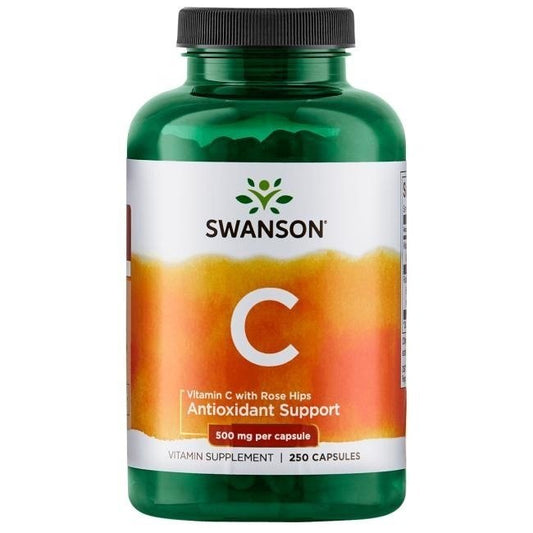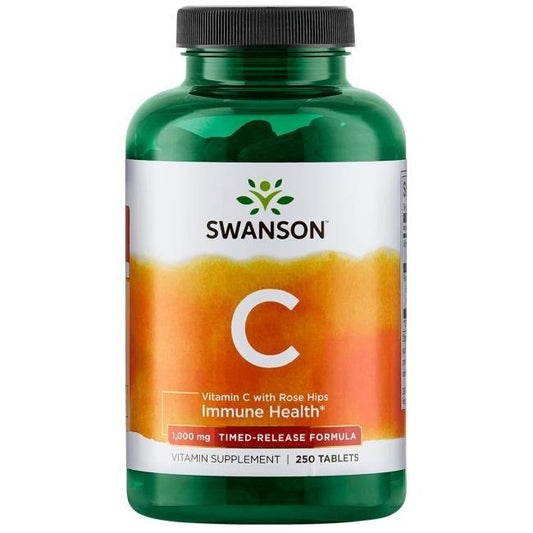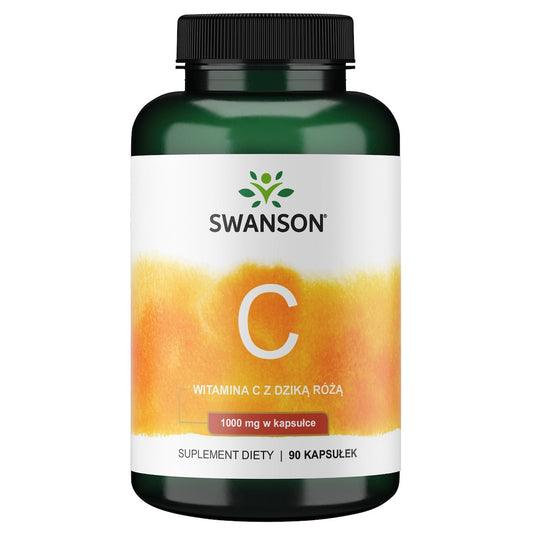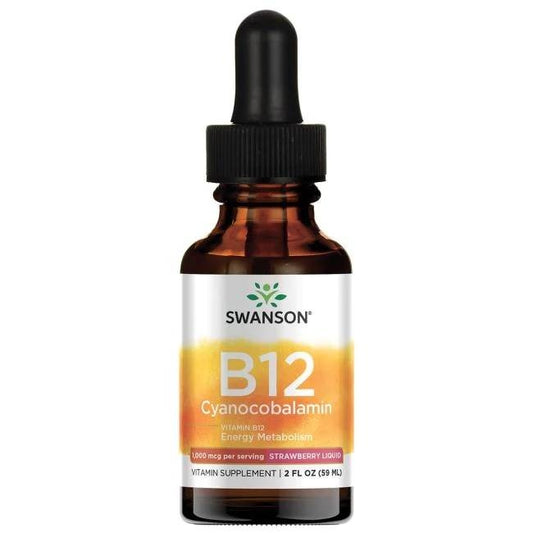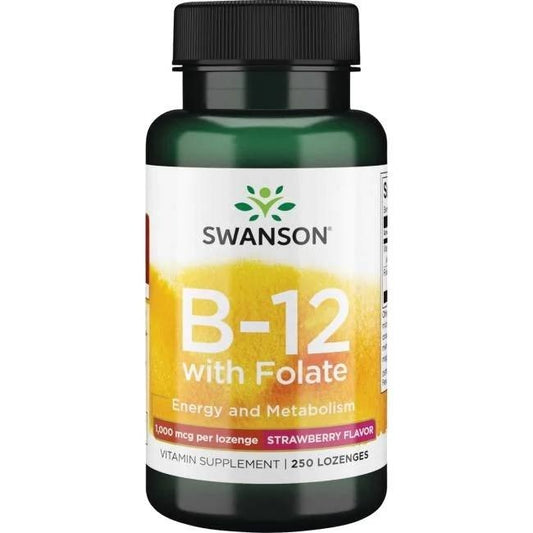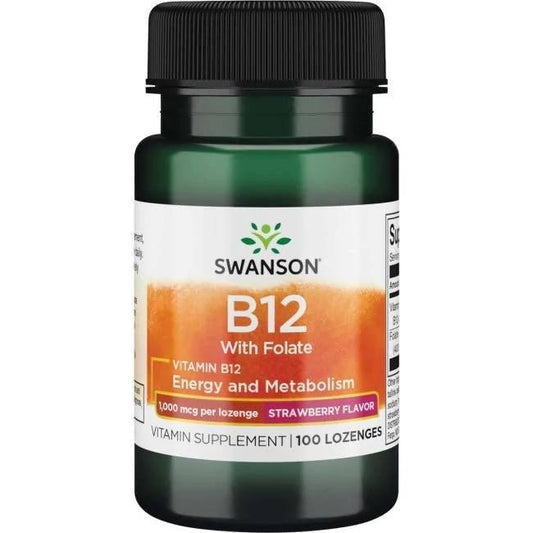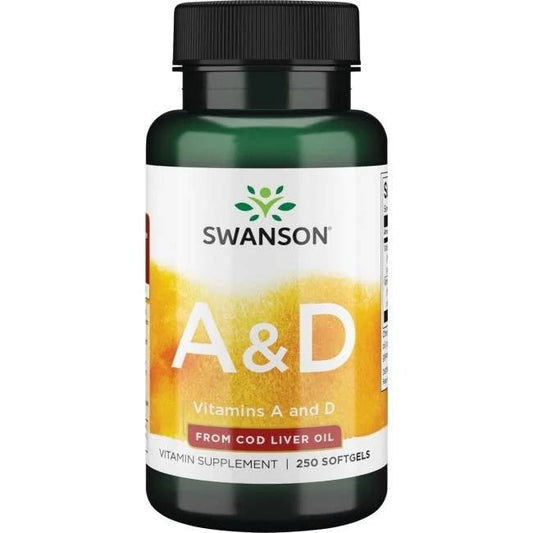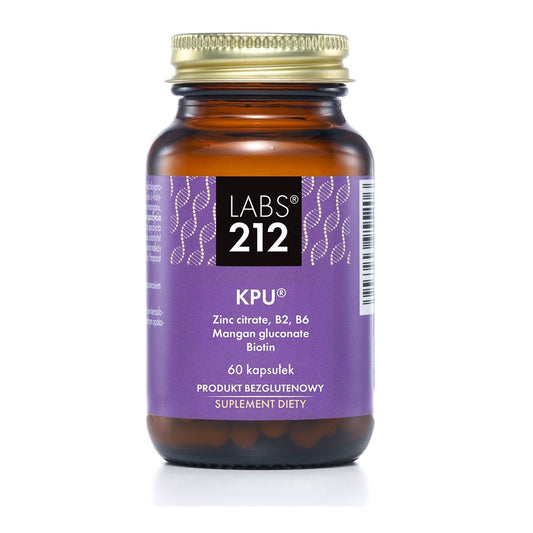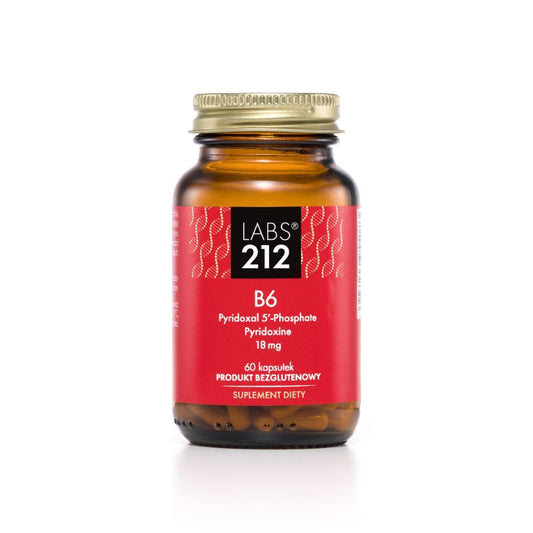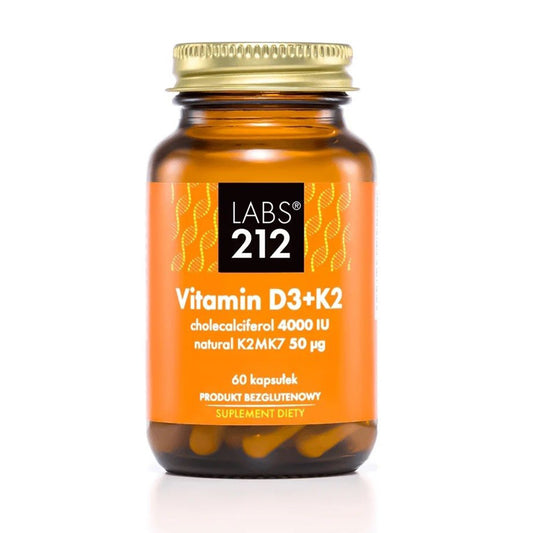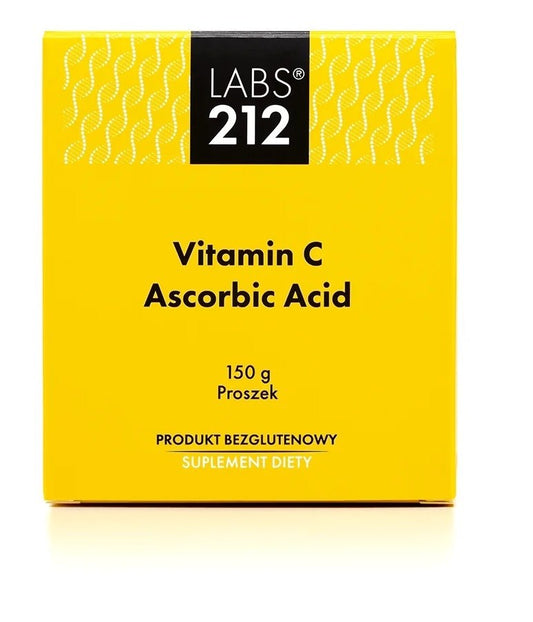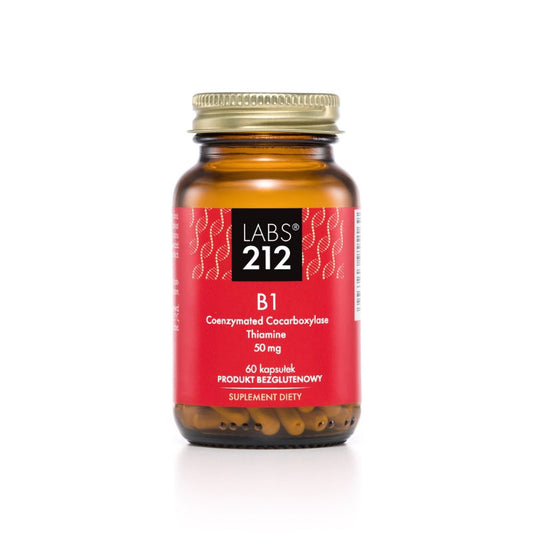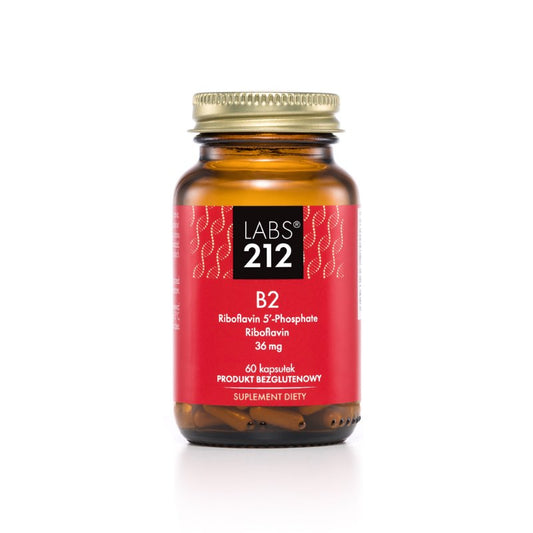Collection: Vitamins
Take care of your immunity during seasonal changes! Choose vitamins or their combinations suitable for your needs for the whole family. Our high-quality supplements and vitamins are made from natural ingredients and have excellent vitamin content.
Also check out other products that boost immunity.

-
B12 VITAMIN / METHYLCOBALAMIN / 30 ml
Seller:Bio365Normal price €14,90 EURNormal priceUnit price / towards -
ULTRA MONIVITAMIINI / 500 ml
Seller:Bio365Normal price €32,90 EURNormal priceUnit price / towards -
K2 + D3 VITAMINS / 60 caps.
Seller:SwansonNormal price €21,90 EURNormal priceUnit price / towards -
E-VITAMIN + TOCOPHEROLS / 200 IU / 100 caps.
Seller:SwansonNormal price €14,90 EURNormal priceUnit price / towards -
PREMIUM E-VITAMIINI / 400 IU / 60 geeliä
Seller:SwansonNormal price €10,90 EURNormal priceUnit price / towards -
E-VITAMIN / 200 IU / 60 capsules
Seller:SwansonNormal price €8,90 EURNormal priceUnit price / towards -
E-VITAMIN + SELENIUM / 90 soft capsules
Seller:SwansonNormal price €16,90 EURNormal priceUnit price / towards -
D3 VITAMIN / LIQUID / 29.6 ml
Seller:SwansonNormal price €18,90 EURNormal priceUnit price / towards -
D3 VITAMIN / 2000 IU / 50 mcg / 250 caps.
Seller:SwansonNormal price €11,90 EURNormal priceUnit price / towards -
D3-VITAMIN / 1000 IU / 25 mcg / 30 caps.
Seller:SwansonNormal price €6,90 EURNormal priceUnit price / towards -
VITAMIN C / BUFFERED / WITH BIOFLAVONOIDS / 550mg / 100 capsules
Seller:SwansonNormal price €15,90 EURNormal priceUnit price / towards -
VITAMIN C + CALCIUM / BUFFERED / 500mg / 250 tablets
Seller:SwansonNormal price €25,90 EURNormal priceUnit price / towards -
C-VITAMIN + ROSEHIP EXTRACT / 500mg / 400 caps.
Seller:SwansonNormal price €21,90 EURNormal priceUnit price / towards -
C-VITAMIN + ROSEHIP EXTRACT / 500 mg / 250 caps.
Seller:SwansonNormal price €15,90 EURNormal priceUnit price / towards -
C-VITAMIN + ROSEHIP EXTRACT / TIME RELEASE / 1000 mg / 250 tablets
Seller:SwansonNormal price €27,90 EURNormal priceUnit price / towards -
C-VITAMIN / BUFFERED / WITH BIOFLAVONOIDS / 1000mg / 250 tablets
Seller:SwansonNormal price €49,90 EURNormal priceUnit price / towards -
C-VITAMIN + ROSEHIP EXTRACT / 1000 mg / 90 caps.
Seller:SwansonNormal price €13,90 EURNormal priceUnit price / towards -
P-5-P (PYRIDOKSAALI-5-FOSFAATTI) / KOENTSYMOITU B6 / 20 mg / 60 kaps.
Seller:SwansonNormal price €8,90 EURNormal priceUnit price / towards -
B12 -VITAMIN / LIQUID / 59 ml
Seller:SwansonNormal price €24,90 EURNormal priceUnit price / towards -
B12 VITAMIN + FOLATE (B9) / 1000 mcg / 250 chewable tablets
Seller:SwansonNormal price €23,90 EURNormal priceUnit price / towards -
B12 VITAMIN + FOLATE (B9) / 1000 mcg / 100 chewable tablets
Seller:SwansonNormal price €10,90 EURNormal priceUnit price / towards -
A + D VITAMINS / 5000 & 400 IU / 250 softgel capsules
Seller:SwansonNormal price €16,90 EURNormal priceUnit price / towards -
KPU / 60 CAPSULES
Seller:LABS212Normal price €29,90 EURNormal priceUnit price / towards -
B6 VITAMIN / PYRIDOXAL 5'-PHOSPHATE + PYRIDOXINE / 60 CAPSULES
Seller:LABS212Normal price €18,95 EURNormal priceUnit price / towards -
D3-VITAMIN / 4000 IU, 100 mcg + K2 / 60 CAPSULES
Seller:LABS212Normal price €19,90 EURNormal priceUnit price / towards -
VITAMIN C - POWDER / 150g
Seller:LABS212Normal price €14,95 EURNormal priceUnit price / towards -
B1 - COENZYME COENZYME CARBOXYLASE / 60 CAPSULES
Seller:LABS212Normal price €22,95 EURNormal priceUnit price / towards -
B2-VITAMIN - RIBOFLAVIN 5'-PHOSPHATE + RIBOFLAVIN / 60 CAPSULES
Seller:LABS212Normal price €22,95 EURNormal priceUnit price / towards

Vitamin C - a pillar of support for the immune system
Vitamin C is an essential part of our immune system, but it is also a versatile wellness vitamin with important functions in our body.
We compiled the various functions of vitamin C and combinations that produce a particularly effective effect when used together in the article.
And did you know how vitamin C behaves with other vitamins and supplements?
What is the significance of vitamins for the body?
Vitamins are essential organic compounds that the body needs in small amounts but cannot produce sufficiently or at all on its own. They participate in many bodily functions, such as energy production, immune system support, cell protection, and promoting growth. Vitamins are divided into two main groups: fat-soluble and water-soluble.
Fat-soluble vitamins
Fat-soluble vitamins (A, D, E, and K) are stored in the body, especially in the liver and adipose tissue. This means that excessive intake can cause overdose, but on the other hand, deficiencies are rarer.
Water-soluble vitamins
Water-soluble vitamins (such as vitamin C and B-complex vitamins) are not stored in the body; excess amounts are excreted in urine. It is important to regularly obtain these vitamins from the diet.
The most common vitamins and their benefits
- Vitamin A: Supports vision, skin health, and the immune system.
- B vitamins: Promote energy metabolism, nervous system function, and red blood cell production.
- Vitamin C: Enhances the immune system, aids iron absorption, and acts as an antioxidant.
- Vitamin D: Important for bone and teeth development as well as the immune system.
- Vitamin E: Protects cells from oxidation and supports skin health.
- Vitamin K: Promotes blood clotting and bone health.
Frequently asked questions about vitamins
- How do I know if I need a vitamin supplement?
You might consider a vitamin supplement if your diet is unbalanced, you have a diagnosed deficiency, or special needs such as pregnancy or intense physical activity. - Can you overdose on vitamins?
Yes, especially with fat-soluble vitamins (A, D, E, and K). Therefore, it is important to follow recommended dosages. - How should vitamins be taken?
Fat-soluble vitamins are best absorbed with a meal containing fat. Water-soluble vitamins can be taken at any time, but regular intake is recommended.
Vitamin intake from food
A healthy and varied diet is the best way to ensure adequate vitamin intake. For example, fruits, vegetables, berries, dairy products, meat, fish, and whole grains contain a wide range of vitamins.
When might vitamin supplements be necessary?
- During pregnancy: To support the normal development of the fetus.
- Vegan diet: To ensure intake of vitamins B12 and D.
- Older adults: To support bone and immune system health.
- Wintertime: To compensate for vitamin D deficiency caused by lack of sunlight.


